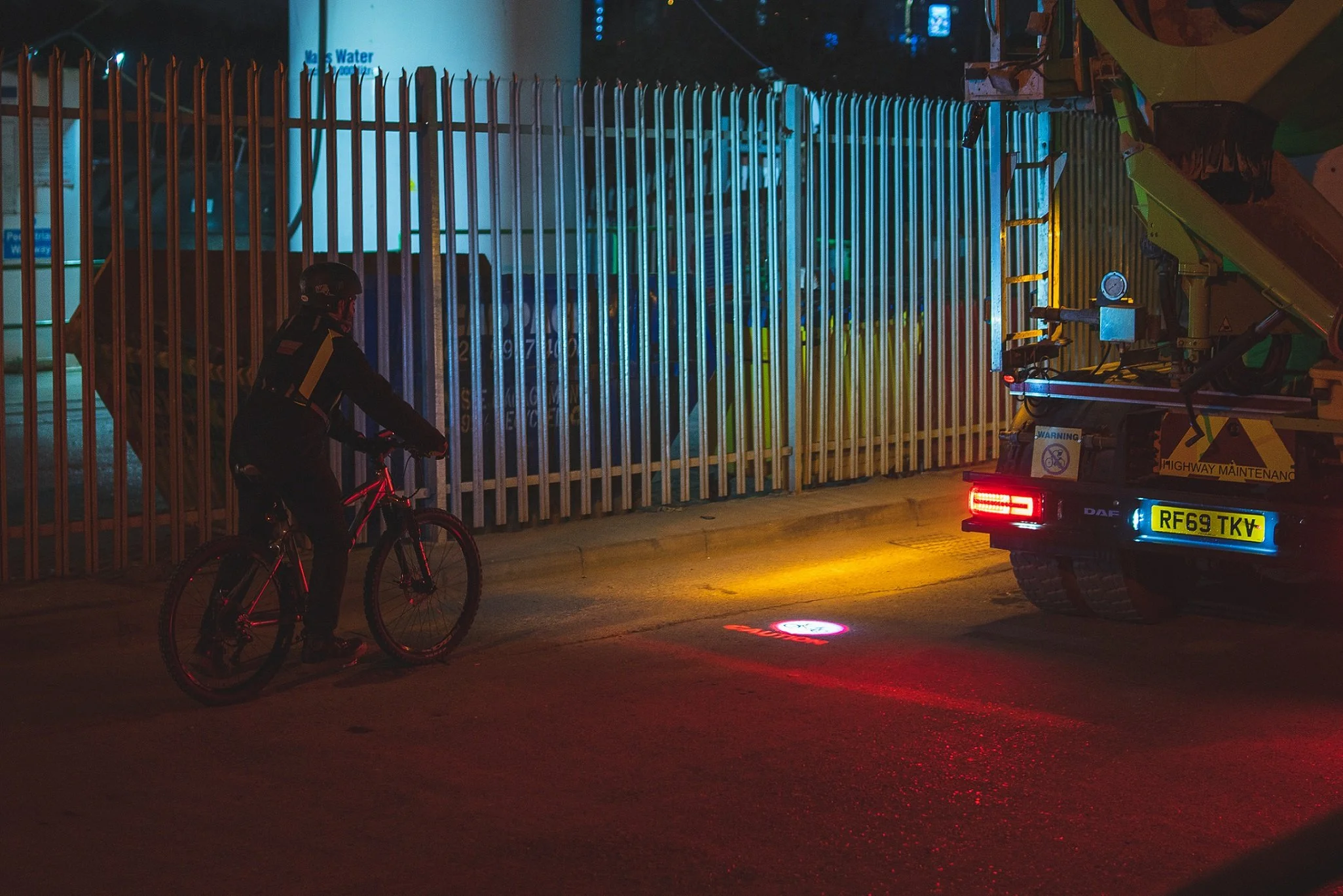Clock change is time to review safety
Safety specialists have called on construction, logistics and industrial businesses to look at how the clocks going back on Sunday (October 29) will impact them and to act to mitigate the increased risk of accidents.
As the days grow shorter, the working conditions in many industrial settings undergo a significant transformation. Safety specialists FHOSS, who provide a range of high performance, illuminated safety products for numerous industries and applications, say the annual time-change should be the trigger for action.
Andrew Kimitri, Chief Executive of FHOSS, said: “One of the most pressing concerns is diminished natural light, which can pose serious dangers for workers. The combination of reduced visibility and the unique challenges of winter conditions presents a host of safety implications that should not be underestimated.
“There is an increased risk of accidents in industrial workplaces. Reduced visibility due to early sunsets and overcast skies can make it difficult for workers to identify potential hazards, equipment malfunctions, or even the presence of colleagues. This heightened risk is particularly concerning in environments with heavy machinery.
“At FHOSS we have developed a range of products that use light to improve worker visibility, reduce accidents and make working environments safer.”
Lower light levels in the winter often impact productivity by slowing down work processes. Workers may struggle to read instruments, labels, or documents, leading to delays and errors. This not only affects the efficiency of operations but can also compromise the quality of products and the safety of the workplace.
Inadequate lighting is a leading contributor to slips, trips, and falls in industrial settings. Wet or icy surfaces, which are common during winter, become even more treacherous when combined with poor visibility. Employees may not see potential hazards on the ground, such as spilled liquids or debris, increasing the likelihood of accidents.
Andrew Kimitri said: “It is important for employers to take proactive measures and we have been working on innovative new ways to improve safety in low light levels with vehicle mounted solutions and ways to use light to provide exclusion zones around equipment.
“These have been developed in conjunction with those who run warehouses, manufacturing plants or who work on building sites.
“This time of year, as winter approaches and natural light dwindles, is a time when industrial employers must prioritise for health and safety specialists to carry out an audit on how lower light levels will impact them and to see what new products there are now available that use technology to make the workplace safer.”






